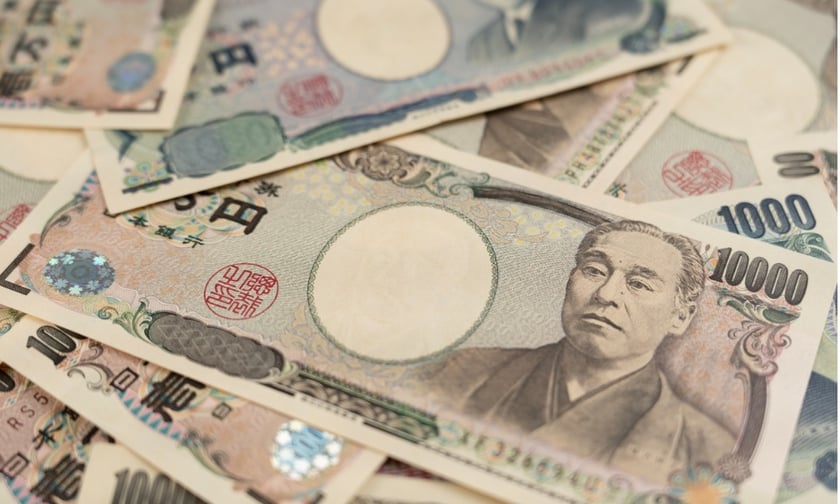

Japan’s biggest life insurance companies have lowered their guards against the possibility of the yen rebounding anytime and are expected to cut those positions in the coming months, according to a Bloomberg report.
The Bloomberg report stated that nine of the country’s biggest insurance companies have 47% of their foreign securities protected by derivatives to help them shield from losses in case the Japanese yen appreciates. This data was based on companies’ earnings reports collated by Bloomberg, as of March 31, 2024.
The report said that since insurers are not hedging, it means that they are expecting the yen to further weaken, or if it strengthens, the rise will be not that much that it will cut into foreign investment gains in terms of Japanese currency. In the past month, the yen has weakened by 1.3% against the dollar and is considered the “worst performer” among Group-of-10 currencies.
“Currency hedge ratios will maintain their declining trend with yield differentials unlikely to narrow substantially…” said Tsutomu Soma, Monex Inc. bond and currency trader. “From that perspective, I can’t see any rise in yen appreciation pressure.”
According to Bloomberg, Japan’s life insurers held more than ¥300 trillion (US$1.9 trillion) in securities in the fiscal year that ended March 2023 as shown in government data, four of which are among the world’s 20 biggest life insurers, led by Nippon Life Insurance Co. in third place globally, based on S&P Global Market Intelligence data.
There has been an increasing concern that the weaker yen is not only due to “yawning yield differentials between Japan and its major peers” but has something to do with the elevated capital outflows through direct investment as Japan’s economic competitiveness wavers, which prompts businesses to try their luck overseas, Bloomberg reported.
Furthermore, the outlook on interest rates also plays a critical role in the weakening of the Japanese currency, says the report. There are several central banks, including those in the euro area, Switzerland, and Canada, that have started lowering borrowing costs while the Bank of Japan has sought to normalize monetary policy further after dismantling yield curve control and negative interest rates in March.
On the other hand, major life insurers in Japan have no plans to get more hedged overseas bonds, with some companies holding on to them for now or reducing them further, according to their investment plans for the fiscal year ending March 2025. Meiji Yasuda Life Insurance Co. and Taiju Life Insurance Co. are said to increase holdings of foreign bonds without currency hedging.
